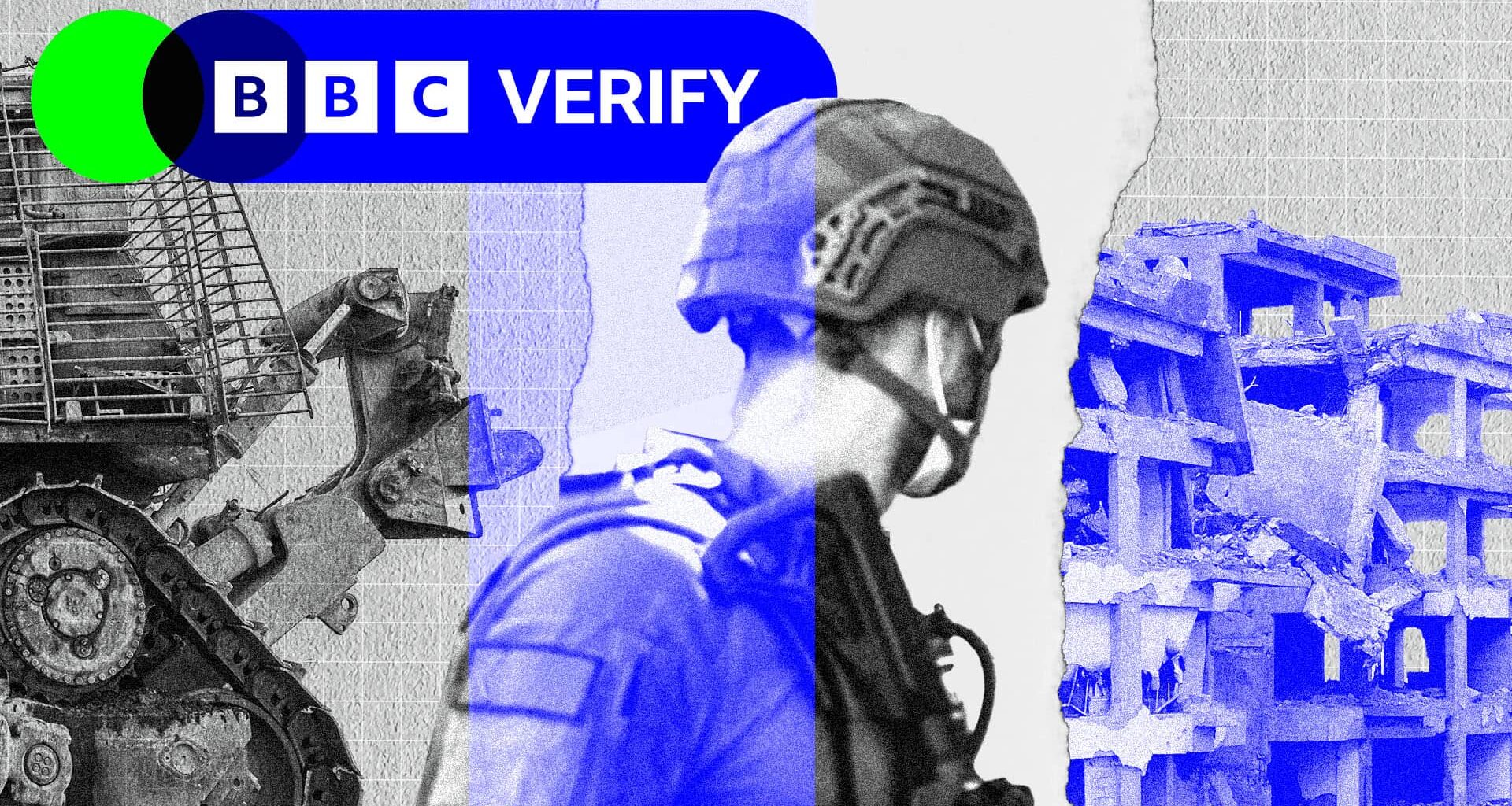Several human rights lawyers who spoke to BBC Verify suggested the campaign could amount to war crimes.
Eitan Diamond – a senior legal expert at the Diakonia International Humanitarian Law Centre in Jerusalem – said there was little justification under the Fourth Geneva Convention, the document which generally covers the protection of civilians in wartime.
“International humanitarian law prohibits such controlled destruction of civilian property during armed conflict, except under narrow conditions of absolute military operational necessity,” Mr Diamond said.
“Destruction of property because of concerns or speculations about its possible future use (for example, that it will be used to launch attacks in the future) falls well outside this exception.”
Professor Janina Dill, co-director of Oxford Institute for Ethics, Law & Armed Conflict, said an occupying power must administer a region for the benefit of the population – which she said was “incompatible with a military approach that simply makes the territory uninhabitable and leaves nothing standing”.
But some analysts have sought to defend the IDF’s campaign.
Many of the buildings the IDF has demolished had already been left in ruins by shelling and air strikes, said Prof Eitan Shamir, director of the BESA Center For Strategic Studies in Israel and an ex-official with the Ministry of Strategic Affairs. He told BBC Verify they posed a safety risk for returning civilians, especially “during winter rains when they are more likely to collapse”.
Prof Shamir also alluded to tactical concerns.
“The area is a combat zone,” he said. “Even when a building has been entered and cleared by the IDF, once the Israelis exit it, the terrorists often return to plant bombs or hide inside to shoot at them.”
